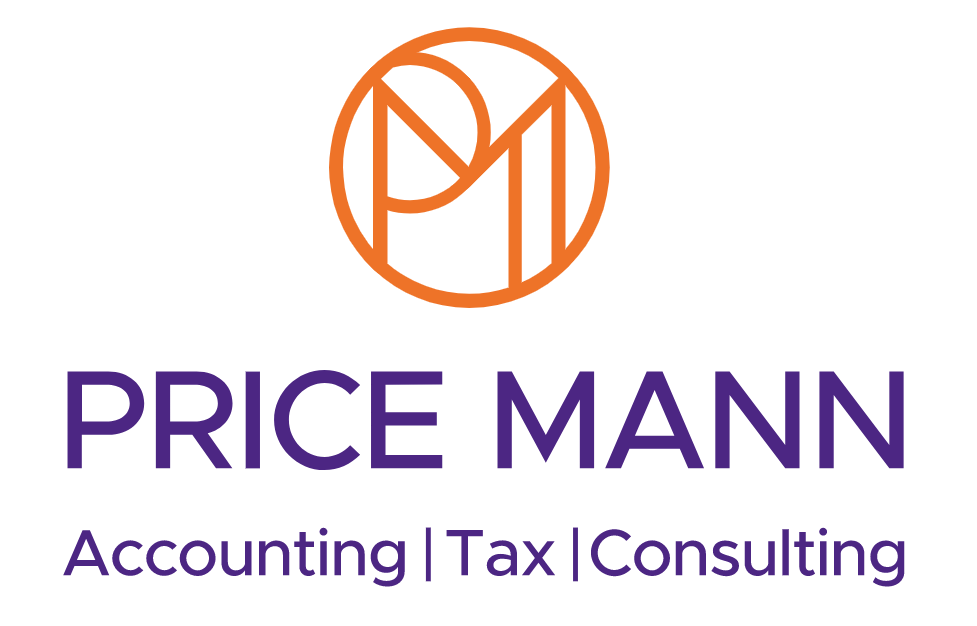Investment Zones
Investment Zones
What are the Government’s new plans?
Chancellor, Jeremy Hunt announced a number of “investments zones” across the UK in the Spring Budget.
This program will provide 12 areas in the UK with £80 million support.
It will include areas in England, Wales, Scotland, and Northern Ireland. This support will help communities that need it most.
These zones will manage business investment through “generous tax incentives” and support the UK’s potential as a focus for innovation as part of the Government’s levelling up plans.
Chancellor defined what zones can apply for the scheme. He said: “To be chosen, each area must identify a location where they can offer a bold and imaginative partnership between local government and a university or research institute in a way that catalyses new innovation clusters. If the application is successful, they will have access to £80 million of support for a range of interventions, including skills, infrastructure, tax reliefs and business rates retention. The Government is using these investment zones to help deliver its mission from the levelling up white paper, which is “taking a holistic approach to ensure the benefits of growth and investment are felt by local communities”.
Mission one of this scheme is to make sure that pay, employment, and productivity rise in every area of the UK by 2030, creating “globally competitive cities” and reducing the gap between top-performing and lesser-developed areas.
Mission two is to rise public investment in R&D outside the Greater South East by at least 40%, expecting to leverage at least twice as much private sector investment and drive productivity.
What areas will benefit?
Eight potential areas were named by the Chancellor. These 8 areas are that are potential investments zones:
- Liverpool
- Greater Manchester
- West Yorkshire
- South Yorkshire
- Teesside
- The North-East
- West Midlands
- East Midlands
At least one will be in Scotland, Northern Ireland, and Wales. UK Government is now in dialog with 38 local authorities about the investment zone schemes, including the eight already listed.
Which sectors are being targeted?
The Government is pointing out 5 priority sectors within these investment zones. These are:
- Digital and Tech
- Green Industries
- Life Sciences
- Advanced Manufacturing
- Creative Industries
Digital and Tech
UK is the third world-leading technology sector behind US and China. The UK Government aims to replicate the companies’ success in London, Cambridge, and Oxford. Concentrating on tech-led innovations will help leverage digital strength and untapped potential nationwide.
Green Industries
The government is aiming to bring more environmentally-conscious business and development to the UK by creating long-term certainty and demand.
Life sciences
The government is aiming to make the NHS the most powerful driver of innovation in the country. The government is looking to set up the UK’s science and research capabilities and create a robust environment for life sciences companies.
Advanced manufacturing
“the UK has a proud history in manufacturing” states the investment zone prospectus. The government is aiming to harness the interaction between manufacturing and innovation. The primary objective is to support jobs, drive productivity and deliver the UK’s net Xero commitments by funding the manufacturing sector.
Creative industries
“build on the sector strengths, support growth and ensure benefits of the creative industries are spread across the UK”, this is the government’s main focus on creative business.
How will they work?
The investment zone scheme will work flexibly for the areas that receive funds. Selected partners can use the tax relief and funding to raise their economy however they see fit. £80 million in funding will be used by the local authorities for a number of fiscal incentives.
Fiscal incentives such as:
- Stamp duty land tax: full relief for buildings and land bought for commercial use or development of commercial purposes
- Business rates: 100% relief for newly-occupied business premises and certain businesses expanding in the investment zone tax site
- NIC (Employer Insurance Contribution) relief: new employees for at least 60% of their time that earn up to £25,000 per year for a period of 36 months will have zero-rate employer NICs on salaries
- Enhanced capital allowance: companies investing in plant and machinery for their business will have a 100% allowance for the 1st year.
- Enhanced structures and building allowance: accelerated relief to reduce businesses’ taxable profits by 10% of qualifying costs for non-residential investment per year.
Also, this funding can be applied across a range of potential interventions to interest investment and drive development in the promising sector. These include:
- Research and innovation: grands, loans and subsidies through R&D, it should positively impact R&D expenditure and increase innovation.
- Skills: new apprenticeship opportunities and developing skills will help communities sharpen their skills
- Planning and development: funding the recruitment planning teams to deliver large-scale or multiplex developments
- Local infrastructure: purchasing land to build commercial spaces and labs, as result building the job market in these local areas
- Local enterprise and business support: provide additional support and strengthening facilities to start-ups and SMEs in the local area
When will the scheme begin?
The first mention of the investment zone scheme was done by the previous Chancellor Kwasi Kwarteng in the 2022 mini-budget. Following in time, Chancellor Jeremy Hunt promoted the project, saying: “I totally support the benefits that investment zones can bring, but we will implement that policy in a way that learns the lessons of when similar models have been tried in the past, and we will make sure they are successful.”
The deadline for the scheme ended in October 2022. However, Government is aiming to start the rollout over the next 2 years.
Talk to us about your business.













